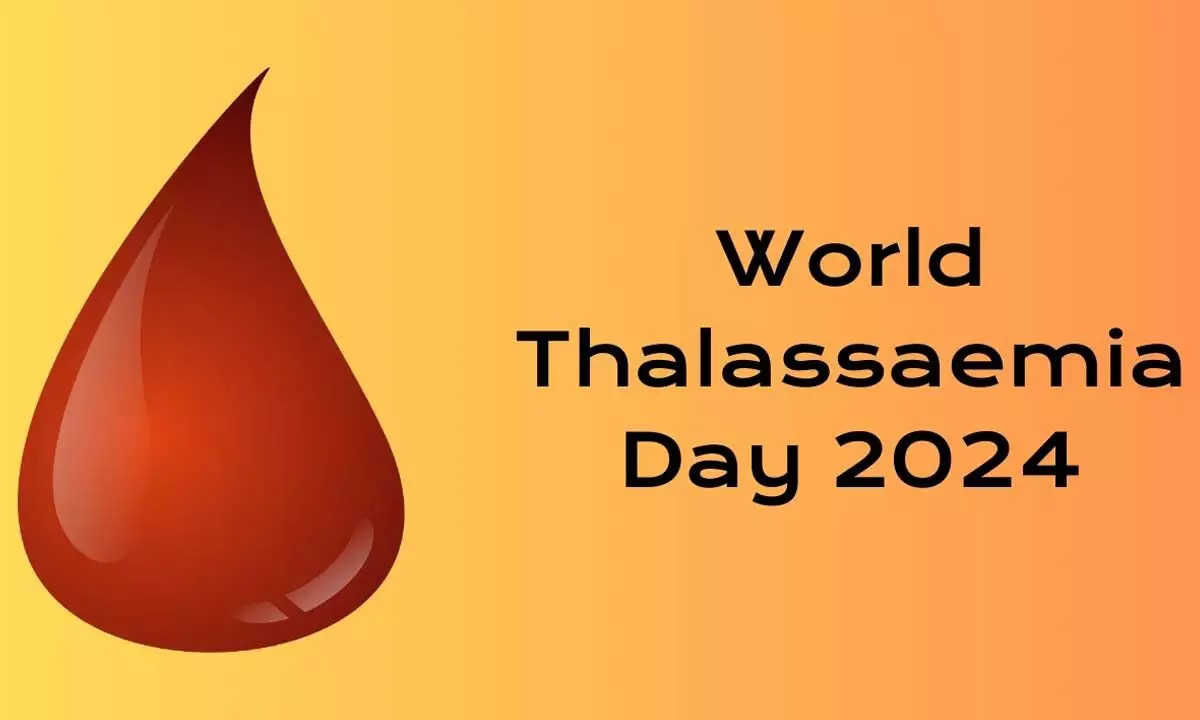World Thalassaemia Day 2024: Date, history and significance

Thalassemia, a genetic disorder characterized by inadequate haemoglobin production, leads to a deficiency of red blood cells, resulting in anaemia.
Thalassemia, a genetic disorder characterized by inadequate haemoglobin production, leads to a deficiency of red blood cells, resulting in anaemia. While carriers of the thalassemia gene can live normal lives, those with thalassemia major face challenges such as repeated transfusions, increased susceptibility to infections, and various health complications.
History of World Thalassaemia Day
In 1994, Panos Englezos, the Founder of the Thalassemia International Federation (TIF), established World Thalassaemia Day in memory of his son George, who succumbed to Thalassemia. The day serves as a platform to raise awareness, support those affected, honour those lost to the disease, and strive for a cure. It also aims to unite the public, authorities, healthcare professionals, and industry representatives to advocate for prevention, management, and treatment strategies.
The Significance of World Thalassaemia Day
Thalassemia awareness has grown through the efforts of patient support groups, healthcare professionals, and advocacy organisations worldwide. These groups highlight the challenges faced by individuals and families affected by thalassemia, emphasizing the need for regular transfusions, iron chelation therapy, and access to quality healthcare.
Celebrating World Thalassaemia Day
Various activities and events are organised on World Thalassemia Day by healthcare institutions, patient support groups, and communities. These include educational seminars, blood donation drives, fundraising for research and patient support, media campaigns, and advocacy for improved healthcare policies and services.
Diagnosis and Management
Diagnostic tests like haemoglobin electrophoresis and DNA analysis confirm thalassemia types and severity. Prenatal diagnosis through procedures like CVS/Amniocentesis aids in understanding the status of the fetus. Preimplantation genetic testing (PGT-M) allows screening embryos for healthy implantation. Early detection facilitates proactive management, including treatment plans and family planning decisions. Educating individuals and offering accessible screening programs are crucial for prevention and better outcomes.
Conclusion
Early detection, coupled with informed decision-making through premarital screening and genetic counselling, plays a pivotal role in managing thalassemia and securing future generations' well-being. By emphasizing awareness, proactive measures, and collaboration among stakeholders, we can alleviate the burden of this genetic disorder and foster healthier outcomes for affected individuals and their families.










